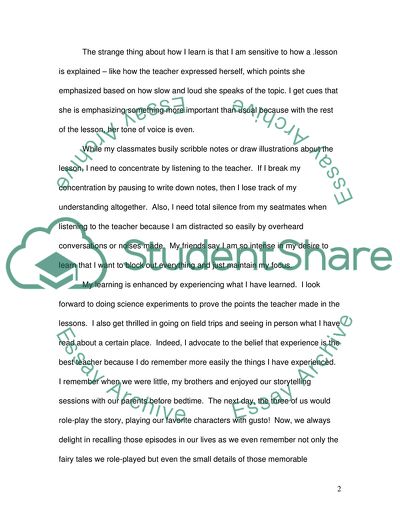Cite this document
(Who I Am as a Learner Essay Example | Topics and Well Written Essays - 4000 words, n.d.)
Who I Am as a Learner Essay Example | Topics and Well Written Essays - 4000 words. Retrieved from https://studentshare.org/education/1734162-self-analysis
Who I Am as a Learner Essay Example | Topics and Well Written Essays - 4000 words. Retrieved from https://studentshare.org/education/1734162-self-analysis
(Who I Am As a Learner Essay Example | Topics and Well Written Essays - 4000 Words)
Who I Am As a Learner Essay Example | Topics and Well Written Essays - 4000 Words. https://studentshare.org/education/1734162-self-analysis.
Who I Am As a Learner Essay Example | Topics and Well Written Essays - 4000 Words. https://studentshare.org/education/1734162-self-analysis.
“Who I Am As a Learner Essay Example | Topics and Well Written Essays - 4000 Words”, n.d. https://studentshare.org/education/1734162-self-analysis.


